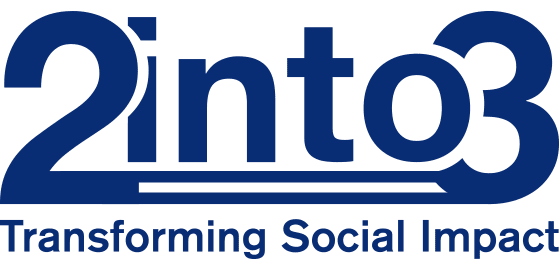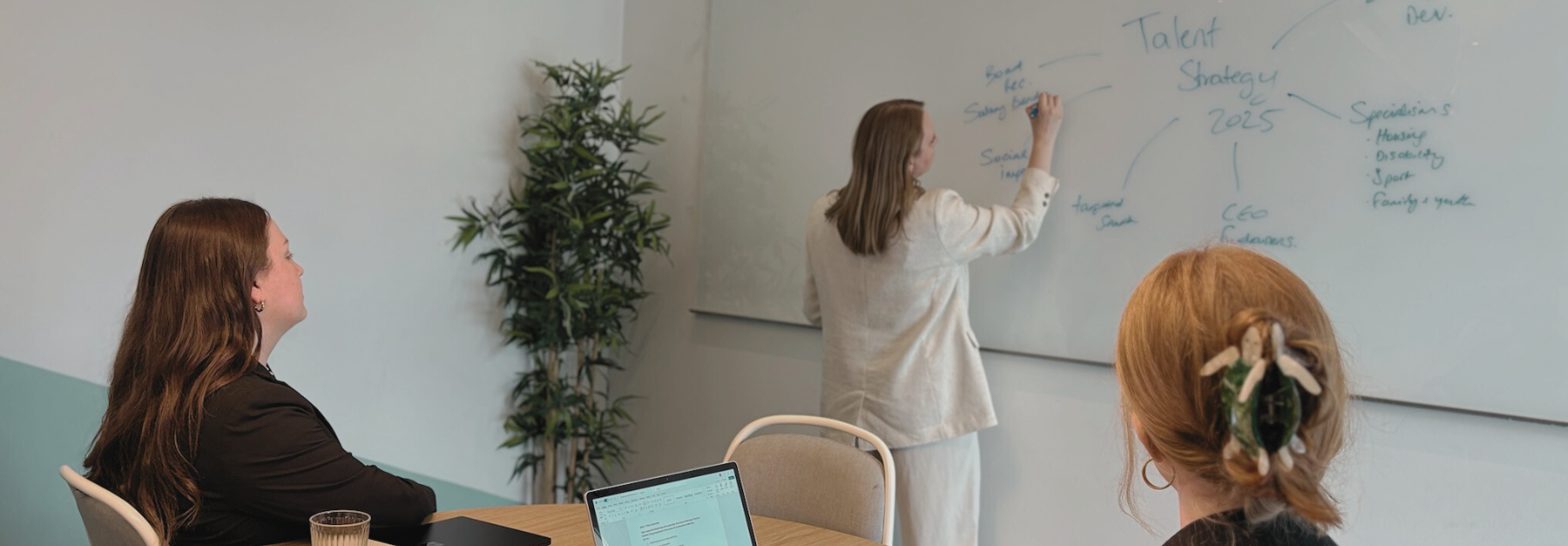Leading with Purpose: Why Irish Nonprofits Must Champion DEI
A Defining Moment for the Sector
As global discourse around diversity, equity and inclusion (DEI) becomes increasingly contentious, the Irish non-profit sector has a clear opportunity to lead with conviction. Rooted in values of fairness, equity and community service, the sector is well-placed to position DEI not as an optional add-on, but as a non-negotiable foundation.
For social impact organisations, DEI is central to delivering meaningful change, attracting and retaining talent, and maintaining public trust. It must fuel strategy, inform decision-making, and shape organisational culture.
The Current Landscape: Progress Amid Challenges
DEI is constantly evolving, shaped by legislative reform, shifting social values and global debates. What remains certain, however, is that organisations that embed DEI in their strategies – not as tokenistic gestures but as core priorities – are more likely to succeed, regardless of political or cultural headwinds.
Embedding DEI strengthens service delivery, enhances recruitment and retention, fosters loyalty, and unlocks innovation.
Despite pushbacks in other regions, Ireland has made tangible progress. One common theme from the 2025 Pride at Work Conference is that we must “stop equating less visibility with less support”; meaningful DEI initiatives are still being implemented across the country. Measures such as broadened gender pay gap reporting, strengthened employment equality legislation, and board-level diversity requirements reflect this momentum.
Initiatives Driving Positive Change
Sport Ireland now mandates that National Governing Bodies of Sport maintain at least 40% female gender representation on their boards, with half of state funding withheld until compliance is achieved. This underscores a powerful truth: championing DEI is both a moral responsibility and a strategic imperative – especially in a tight talent market.
The Government has also just launched the National Human Rights Strategy for Disabled People 2025-2030 – a landmark plan to advance Ireland’s commitments under the UN Convention on the Rights of Persons with Disabilities. Albeit long awaited, this strategy, along with the New Disability Unit in Department of An Taoiseach, illustrates the Government’s commitment to strengthening supports and improving the lives of disabled people. The strategy focuses on four core pillars: Inclusive Learning and Education, Employment, Independent Living and Active Participation in Society and Health and Wellbeing and is a welcomed framework for building a more inclusive society.
Representation Matters: Does Your Workforce Reflect Your Community?
Organisations that reflect the diversity of the communities they serve are better positioned to deliver empathetic, meaningful and responsive services. Representation fosters trust, enriches understanding, and enables a deeper connection between service providers and their community.
But DEI is not just about external impact – it must also shape internal culture. Transformative leaders recognise and dismantle structural barriers, actively seeking and endorsing diversity rather than waiting for it to appear. They foster psychological safety and ensure that all staff feel respected and valued.
For a sector that often operates under high emotional and operational demands, inclusion is essential to staff wellbeing, satisfaction, and retention.
Inclusive Recruitment: A Catalyst for Change
Recruitment is one of the most powerful levers for advancing DEI, tackling persistent legacy systems that can hinder progressive change. By rethinking hiring processes – starting with the language in job descriptions, candidate screening methods, and assessment criteria – organisations can actively dismantle unconscious bias.
Inclusive recruitment not only ensures fairness and transparency, it also expands access to a broader, more diverse talent pool with richer perspectives and problem-solving approaches.
Working with recruitment partners who prioritise DEI, such as 2into3, can accelerate change. These partnerships can support organisations in attracting underrepresented talent, ultimately building more diverse, resilient and forward-thinking leadership pipelines.
In our own effort to ensure that our recruitment process is accessible and welcoming for all:
- We support our clients in achieving gender balance in senior leadership positions in line with our commitment to the government’s Balance for Better Business initiative.
- We attend events such as the Pride at Work Annual Conference to learn directly from the LGBTQ+ community.
- Our team has engaged directly with Employers for Change and undertaken Disability Awareness Training.
The Way Forward: Embedding DEI at the Core
For Irish nonprofits, the message is clear: DEI must be woven into every aspect of strategy, operations and culture. Organisations that embrace it not only strengthen trust with communities but also create inclusive environments that attract talent, inspire innovation and drive sustainable social impact.
At this year’s Pride at Work Conference, Ailbhe Smyth put it simply: “equality is not an ideology, it is a fundamental human right”. By leading – whether quietly, or loudly – on DEI initiatives, the Irish nonprofit sector has the chance to set the standard, proving that equity and inclusion are not just ideals, but essential drivers of transformative change.
Taking the First Step
If you would like to discuss how 2into3 can support your organisation with a range of talent services, contact Shannon Barrett at shannon.barrett@2into3.com.


